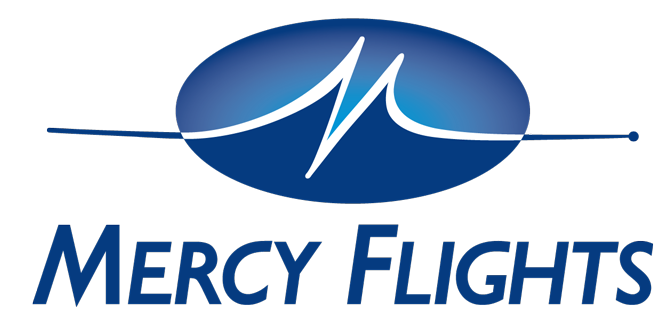Mercy Flights has recently implemented an Airvo 2 device that allows providers to initiate and sustain the critical treatment of high-flow nasal cannula (HFNC), tailored to treat patients exhibiting high-risk respiratory illnesses. The device allows the Mercy Flights Critical Care Transport team the ability to deliver the same level of treatment from one hospital to a higher level of care facility. This is a new piece of medical equipment for the state and Mercy Flights is now helping other medical transport organizations learn about the technology for their communities.
A HFNC is an oxygen supply system that can deliver humidified and heated oxygen at a flow rate of up to 60 liters per minute. This significantly increases the airflow to sick patients compared to a traditional nasal cannula, which can only supply 2 to 6 liters of oxygen per minute. Tyler Baker, Mercy Flights Flight Manager stated, “Our conversation surrounding the Airvo 2 began with the rise of Respiratory Syncytial Virus (RSV) in the community, resulting in an increase of patients needing the same level of care when transferred between hospitals. We are thankful for our partners at Asante Rogue Regional Medical Center for their collaboration in research and training. It was critical for us to purchase a piece of equipment that would integrate seamlessly within our hospital systems.”
Though RSV was the original reason for the purchase, the Airvo 2 can help with several respiratory illnesses such as pneumonia, chronic obstructive pulmonary disorder, or severe asthma. The Airvo 2 is currently being used exclusively on ground transportation, but Baker is looking into options to outfit the device on MFI aircraft as well.
Sarah Fitzpatrick, Manager of Respiratory Care at Asante Ashland Community Hospital and Rogue Regional Medical Center stated, “Our respiratory department is always looking for ways to collaborate with local emergency service partners and support the needs of the community. Our research showed that the Airvo 2 would make the greatest impact on our community’s needs.” Fitzpatrick and team were an integral part of the education and integration process, hosting trainings on signs and symptoms, as well as equipment process with Mercy Flights team members.
Mercy Flights will continue to find new and innovate ways to provide the best healthcare for the communities we serve. Partnerships like this strengthen the health and wellbeing for all who need care.


